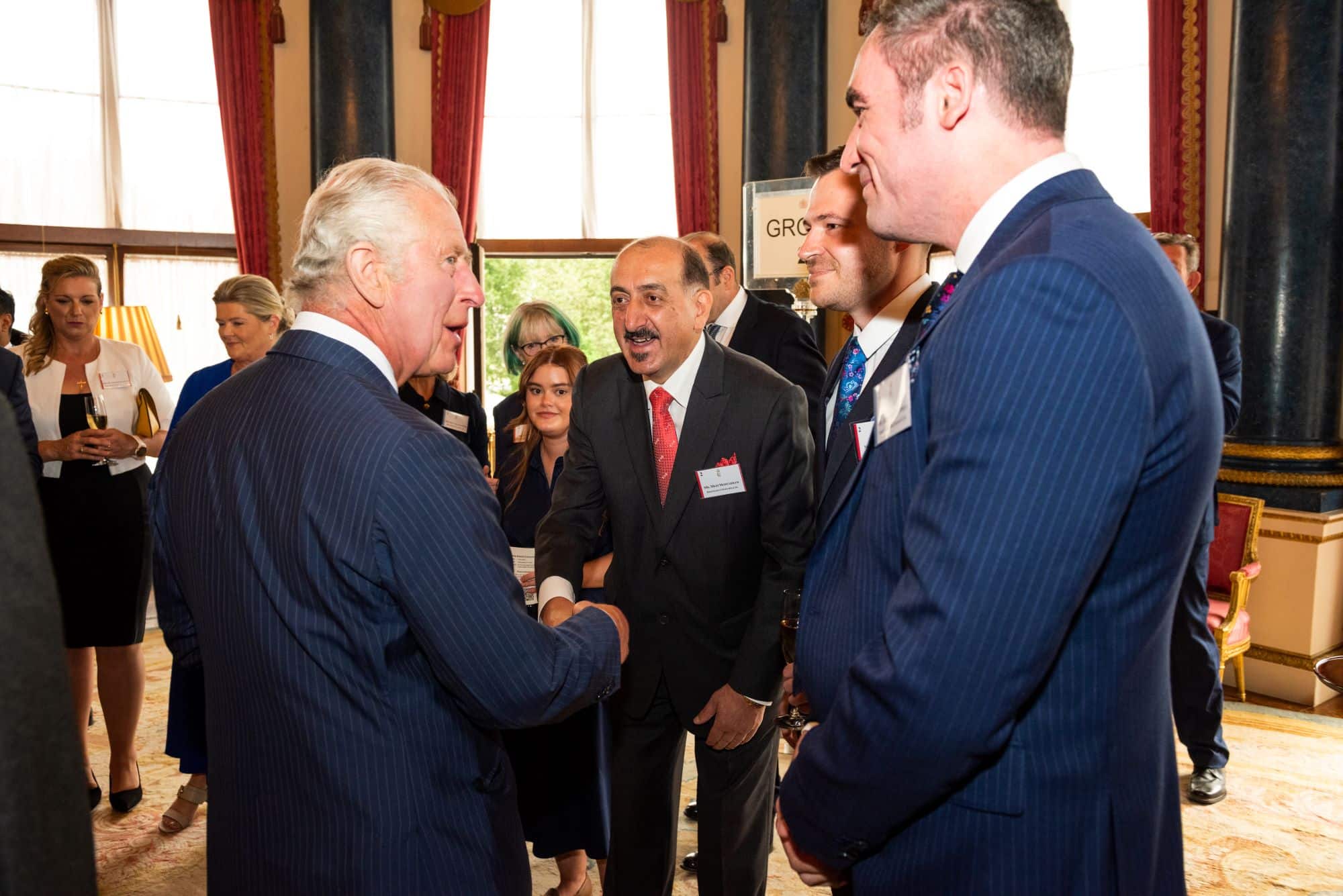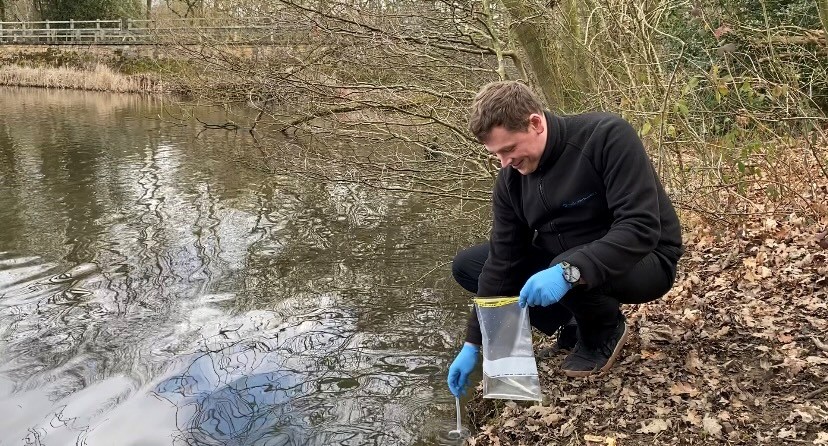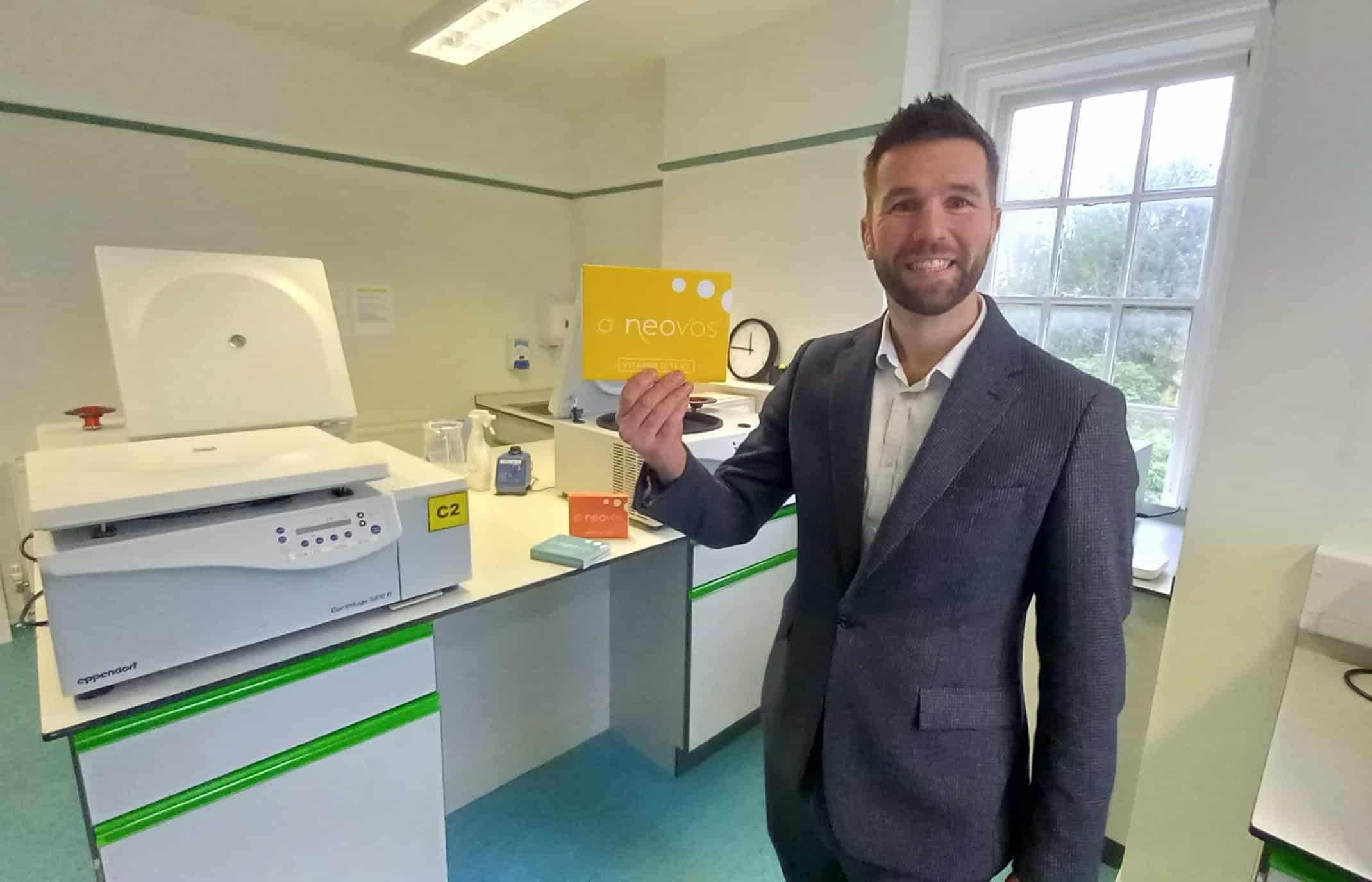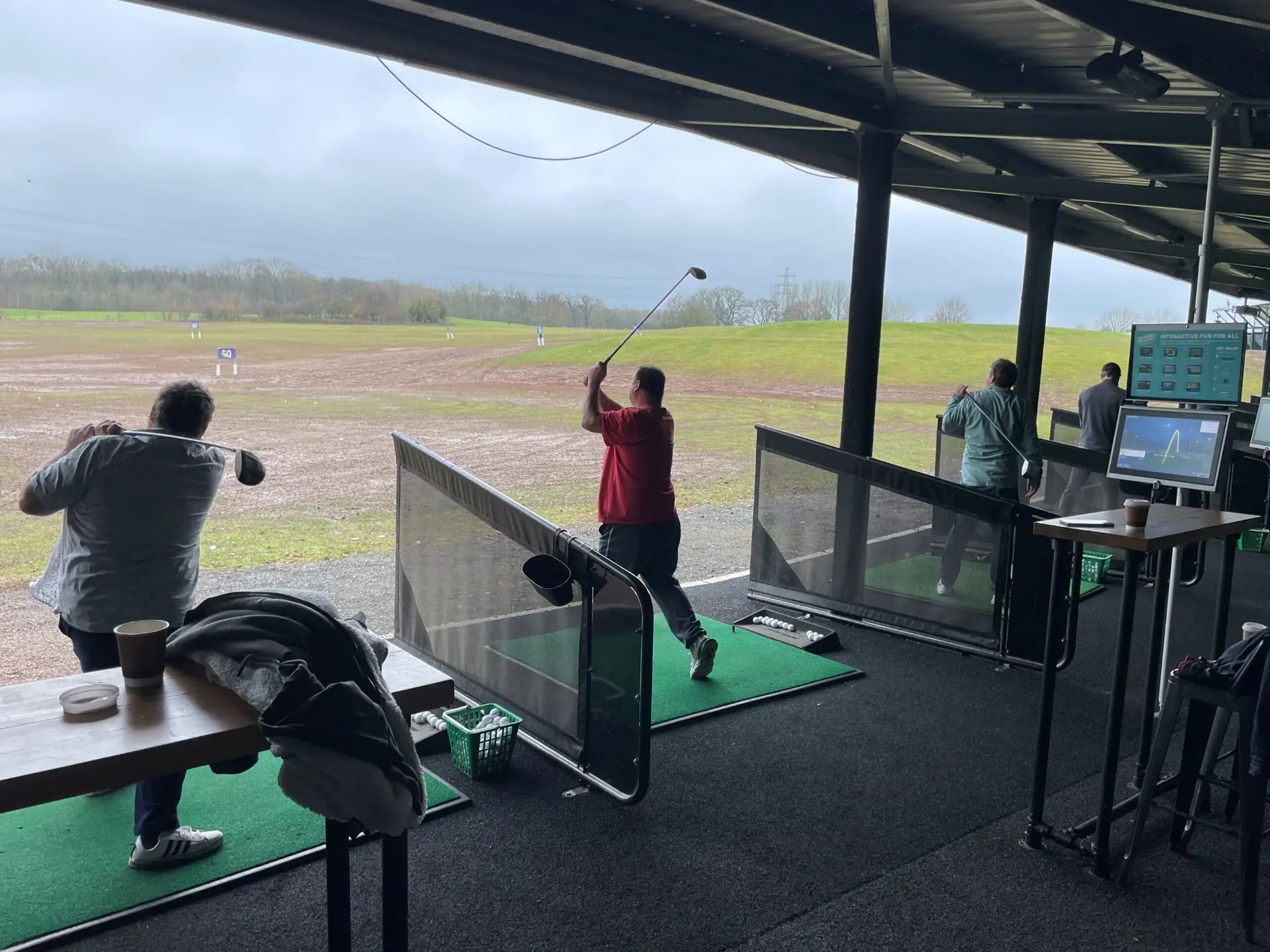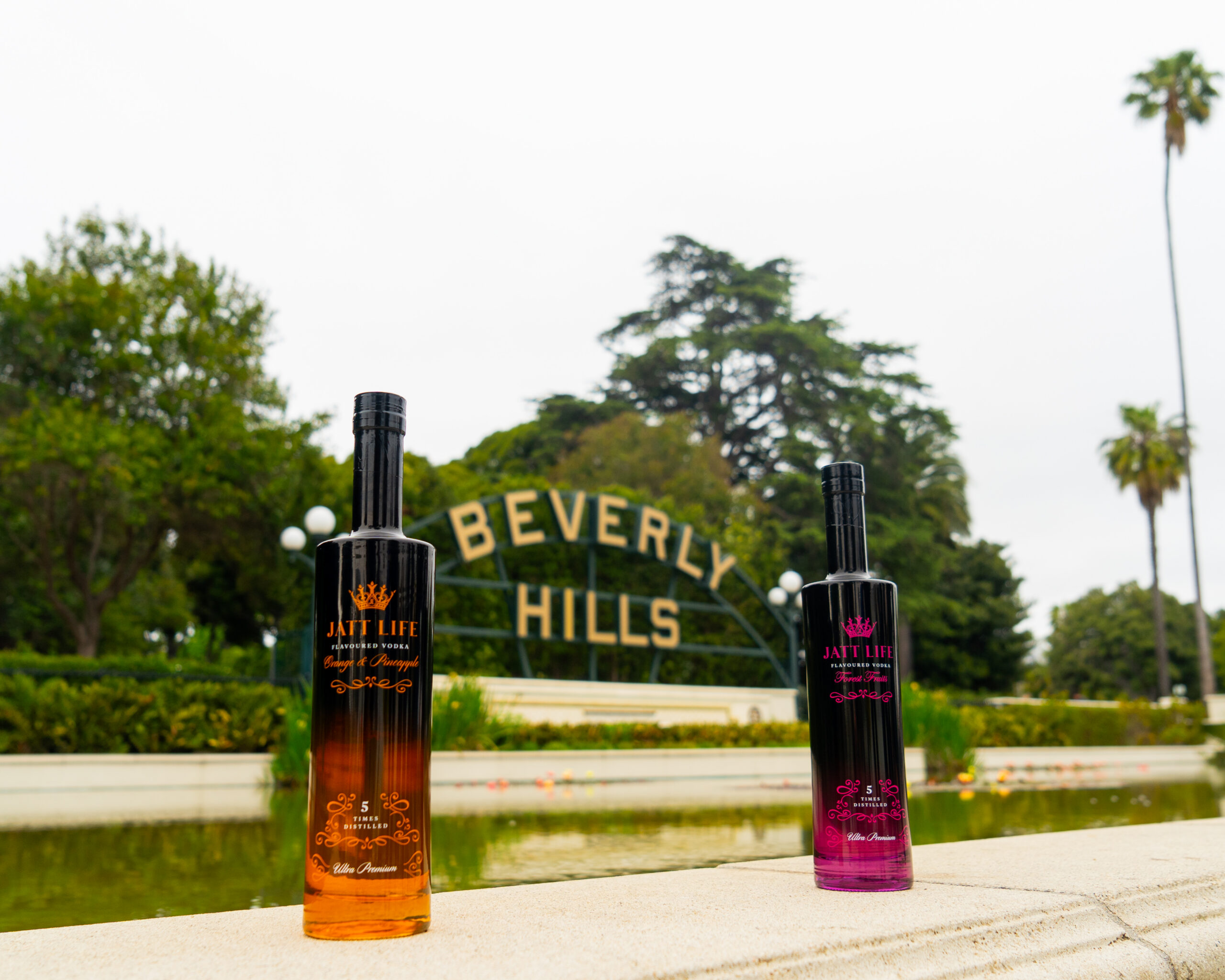A Derby science firm is hoping to help the UK’s beleaguered bee population by using DNA technology to unravel the mystery of the insects’ behaviour – and potentially discover new species.
SureScreen Scientifics, based in Morley, is believed to be the first commercial firm in the UK to use DNA analysis to identify individual species of bees, as well as wasps and hornets, from carcasses, pupae and other material left behind in their nests.
Farming, pollution, climate change and loss of habitat over the years has wreaked havoc on bees, including the much-loved bumblebee, honeybees and the 250 or so species of solitary bees that make up the UK population.
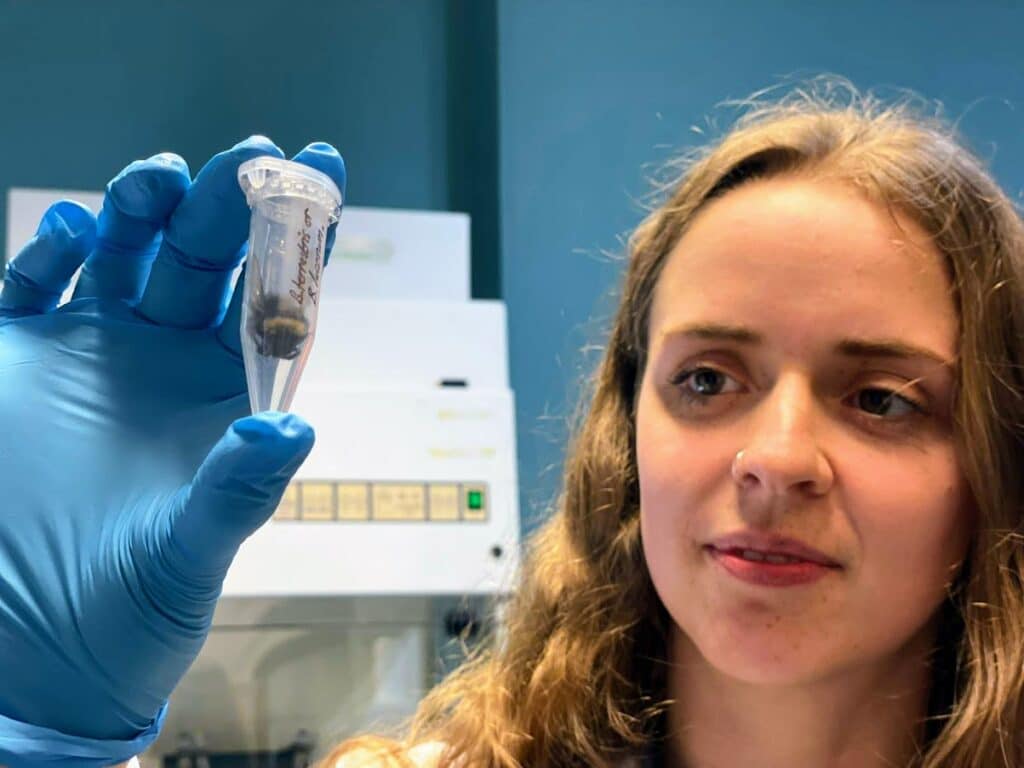
Much of the understanding of their plight depends on ecologists being able to find and identify individual insects in order to monitor their population, but while some species are easy to identify, others are more difficult.
Inevitably it is also impossible to identify an insect if there is no carcass to work from.
This is where DNA analysis comes in, because it can be used not only with the insects themselves but with material from their nests, including old pupae or larvae which failed to grow into a mature bee.
The same is true for wasps and hornets, both of which offer clues into the ecological health of the UK or, in the case of the Asian Hornet, is an overseas invader which, if it became established in the UK, could decimate honeybee colonies because the hornets are voracious predators.
SureScreen Scientifics already uses DNA and environmental DNA analysis to look for other species including Great Crested Newts, White-Clawed crayfish and bats and last year it was able to identify two species of bee – the Largeheaded Resin bee and an Orange-vented Mason Bee – from the remnants of pupae found in a piece of wood that had previously been used as a nest.
Now Chelsea Warner, a lab technician at SureScreen Scientifics and a self-confessed bumblebee enthusiast, is pioneering the company’s work in insect DNA analysis, which she hopes will help ecologists get a better understanding of bee behaviour and distribution and how they are surviving in the wild.
Chelsea, who studied bees as part of her Masters degree in conservation biology at the University of Derby, said: “While many bee species are easy to identify by sight, some, like blood bees, don’t look very bee-like while some bumblebees, like the cryptic white tailed bumblebees and Northern white-tailed bumblebees, can be easily confused.
“With DNA analysis, identification is extremely reliable, and it has the added advantage that you don’t need an example of an actual bee in order to find evidence that it is out and about in the wild.
“When we analysed the specimen material in the wooden block I was sceptical that we’d get a result, but we were pleasantly surprised when we not only had enough DNA material to work with, we proved the existence of two species of bees that I’d never even heard of.”
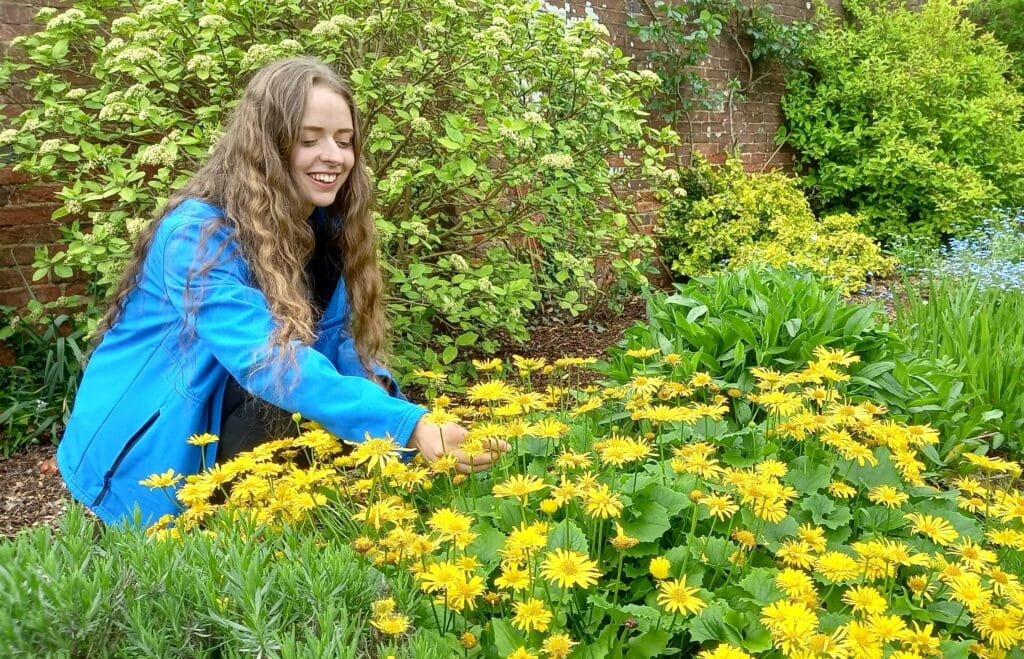
Staff at SureScreen Scientifics, which is the sister company of double King’s Award-winning firm SureScreen Diagnostics, are currently busy analysing samples of water sent in by ecologists looking for evidence of the presence of Great Crested Newts, which can be detected from even the minutest traces of DNA in their stray eggs or molecules of saliva, faeces or skin.
But the firm is now keen to receive more unidentified bee, wasp or hornet carcasses or other biological material so that it can help shed more light on their populations and livelihoods.
Chelsea said: “I’m really looking forward to analysing more bee material, as well as that of wasps and hornets, in the future because DNA analysis is a really powerful technique and it’s really exciting.
“The more I’ve worked with bees, the more I’ve learned about them. To me they’re cute, but they do a lot for human beings in a world where things have gone too far.
“If we can use DNA technology to help understand how we can help them to help us, then that work could play an important role in looking after the environment in the future.”
SureScreen Scientifics also provides materials consultancy and testing for manufacturing and the automotive supply chain, while its Neo Vos brand provides at-home gut and nutritional health test kits which it analyses and provides personal recommendations. For more information visit www.surescreenscientifics.com


